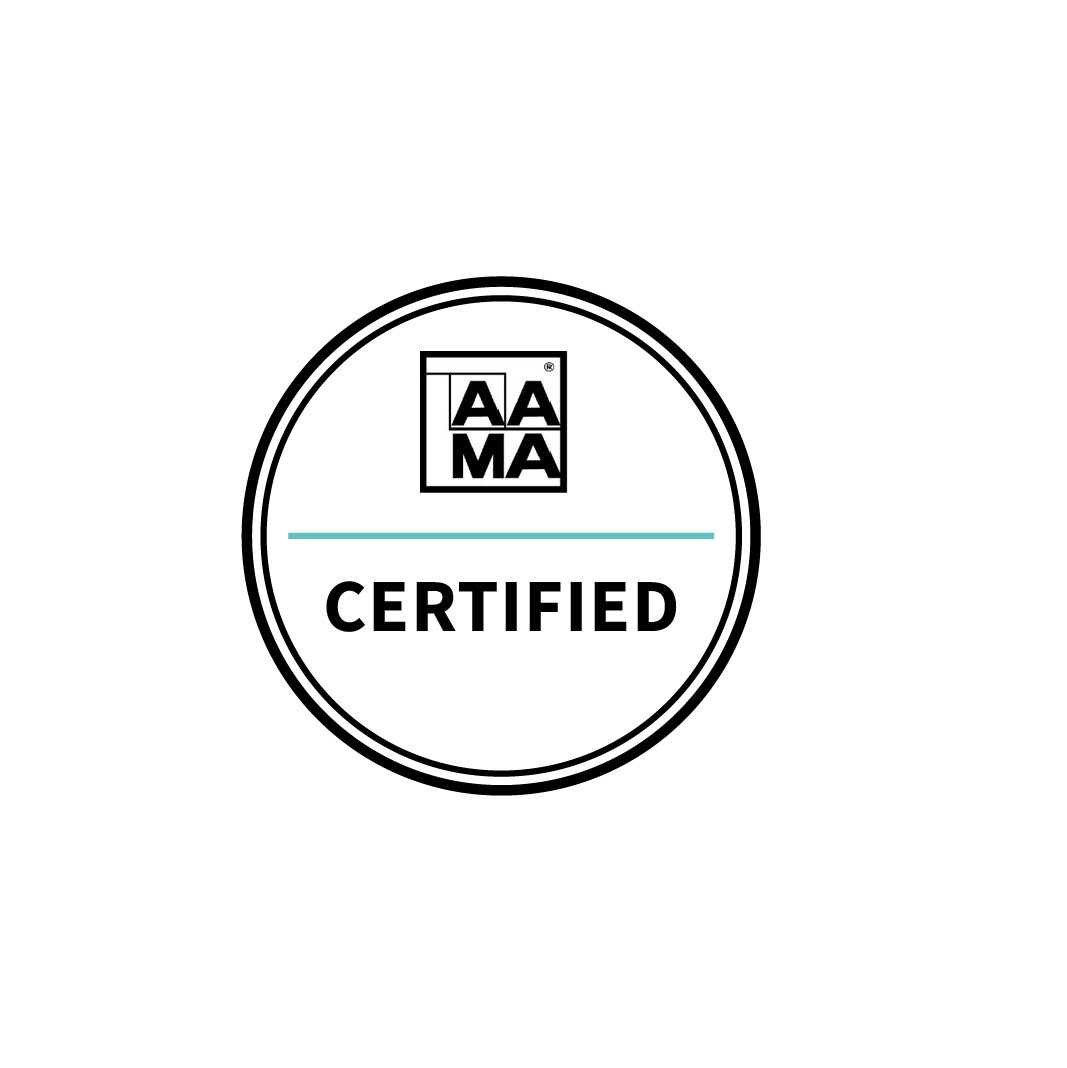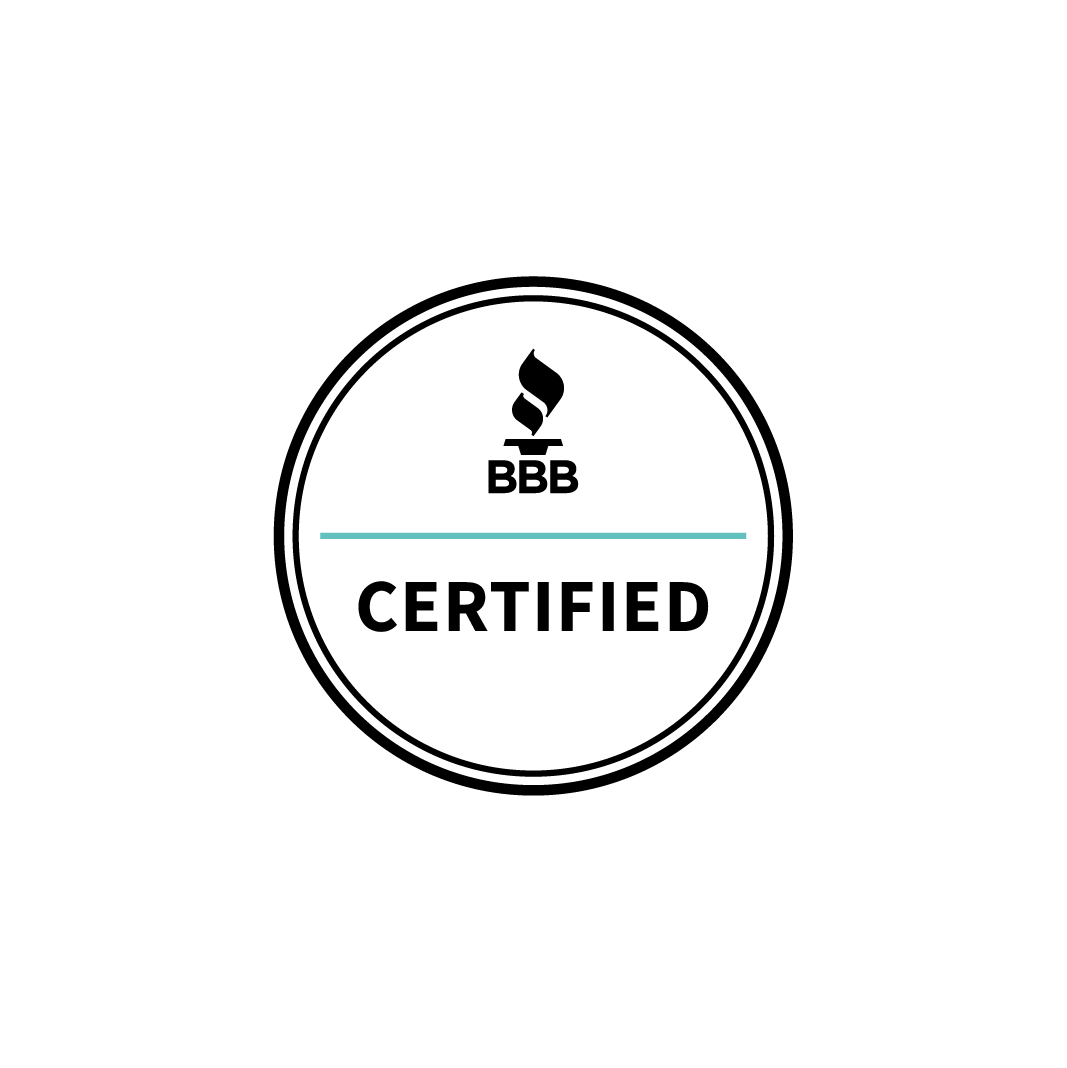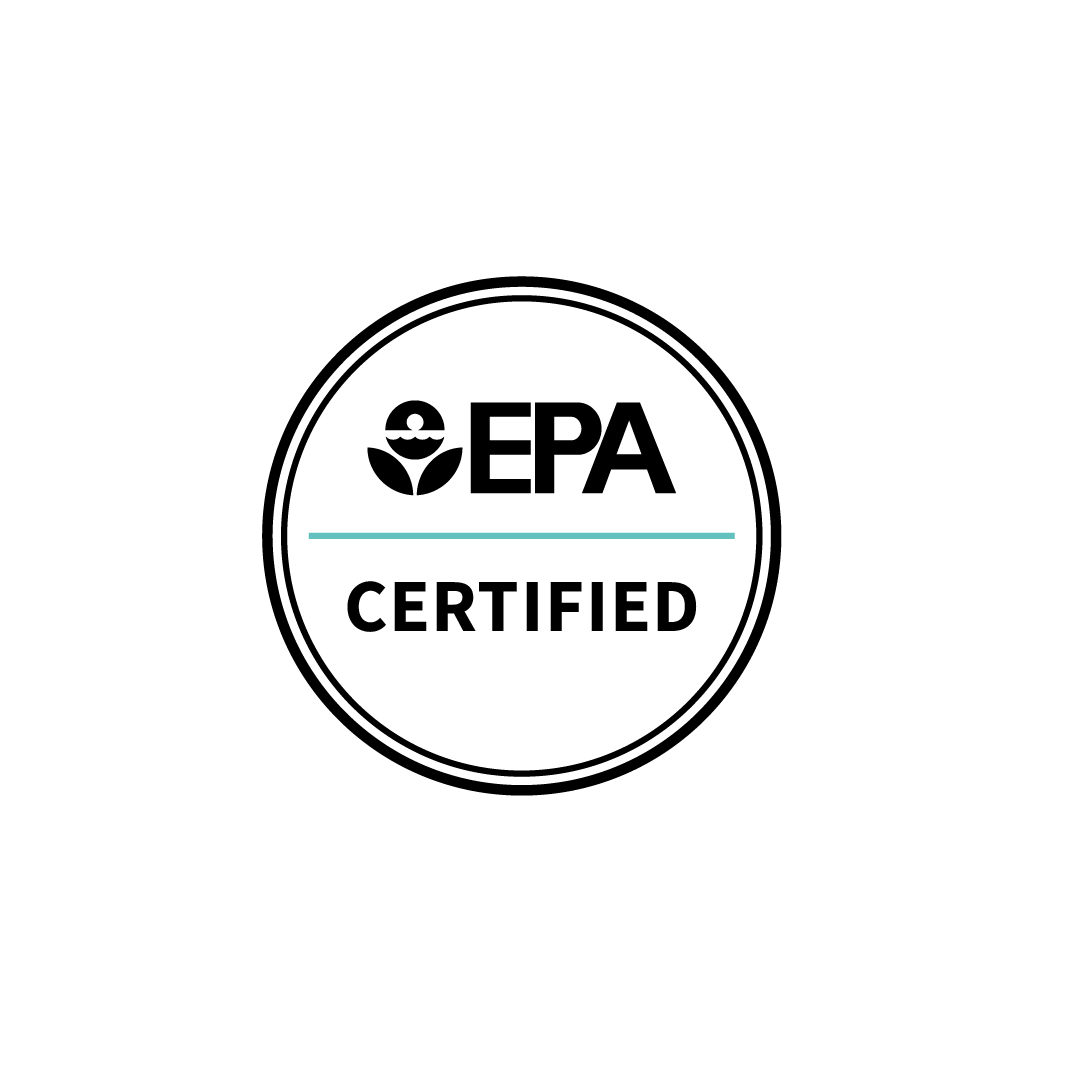A Guide to Installing New Doors and Windows
Building Trust with Your Home Renovation Contractor
Recently, Florida introduced changes to its building regulations, specifically affecting windows, doors, and garage doors in both residential and commercial construction. While these changes may seem like a step toward modernizing the state's building codes, they bring several potential risks for homeowners, contractors, and the state, especially considering Florida’s unique climate and susceptibility to severe weather.
Why This Could Be Bad for Florida
Compromised Hurricane Safety Standards
Florida is known for its frequent hurricanes and tropical storms, which bring high winds, heavy rains, and flying debris. The state’s building codes have long been some of the most stringent in the country, ensuring that windows, doors, and garage doors are hurricane-resistant.
However, the new changes could reduce the strictness of these regulations, potentially allowing for cheaper products that might not withstand the fierce winds and heavy rains common in Florida. If windows and doors aren’t properly designed for hurricane conditions, they could fail during a storm, putting homeowners and their families at risk.
In hurricane-prone areas, like coastal Florida, it’s essential that windows and doors be able to handle wind speeds exceeding 100 mph. Reducing the stringency of the building codes could lead to more damage to homes, which means costly repairs and reconstruction.
Long-Term Financial Impact
While these changes may lower construction costs initially, they could lead to significant long-term financial consequences. Windows and doors that aren’t designed to withstand extreme weather will likely need repairs or replacement more often after a storm. Additionally, homeowners may face increased insurance premiums due to the added risk of storm damage.
Insurance companies often factor in the quality of a home’s construction when determining premiums. If windows, doors, and garage doors aren’t built to high standards, insurers may raise rates or even deny coverage, leaving homeowners financially vulnerable, especially in high-risk areas.
Undermining Florida’s Reputation for Safety
Florida has built a reputation for its dedication to safety, particularly when it comes to building standards that protect against hurricanes. If these changes lead to weaker regulations, Florida’s status as a leader in hurricane preparedness could be jeopardized. Other states might follow suit, adopting less rigorous standards, which could have a ripple effect on construction safety nationwide.
Decreased Energy Efficiency
Many of the current regulations for windows and doors are designed not just for safety but also for energy efficiency. Hurricane-resistant windows often come with insulation features that help regulate indoor temperatures, reducing energy costs. Loosening these standards could lead to the use of less energy-efficient materials, resulting in higher utility bills for homeowners.
In Florida’s hot and humid climate, air conditioning is essential for comfort, so homeowners depend on windows that help maintain a consistent indoor temperature. Lower-quality windows could leave homes feeling hotter in the summer, leading to increased energy consumption and discomfort.
Lack of Consumer Protection
When building regulations are relaxed, homeowners may not fully understand the risks they’re taking on. Choosing cheaper, less reliable options for windows and doors might save money upfront, but it could put homes at risk during a storm or result in higher maintenance costs down the line. Weaker regulations make it harder for consumers to make informed decisions about the quality and durability of the products they’re purchasing.
Impact on Local Contractors and Builders
Florida’s construction industry has long been built around safety and resilience. With the introduction of these new regulations, contractors who specialize in high-performance, hurricane-resistant products could face increased competition from out-of-state suppliers offering lower-quality materials. This could lead to a race to the bottom, where companies cut corners to meet lower standards, ultimately impacting the overall quality of construction.
The Bottom Line
While these changes to building regulations may be framed as an attempt to lower construction costs, they come with significant risks. Reducing Florida’s existing building codes could compromise the safety, energy efficiency, and long-term financial stability of residents. Given Florida’s vulnerability to hurricanes, maintaining rigorous standards for windows, doors, and garage doors is crucial to ensuring homes are safe and resilient.
If you're a homeowner or business owner in Florida, it’s important to understand how these changes could affect your property. If you're planning to build or renovate, consider working with professionals who prioritize safety and quality to ensure your windows and doors can handle Florida’s unique weather challenges.
At Renew Home Solutions, we specialize in providing high-quality, hurricane-resistant windows and doors that meet the highest safety standards. If you're concerned about the new regulations and want to ensure your home is properly protected, contact us today for a consultation. We’ll help you make the best choices for your home’s safety, energy efficiency, and long-term value.
Renew Home Solutions is your trusted partner
Trusted and Certified




This is step one
Let's Get Started!
You're one click closer to a fresh new look and more energy efficient home. Renew Homes Solutions is ready to listen to your needs and deliver exactly what you're asking for.

About the author
Renew Home Solutions